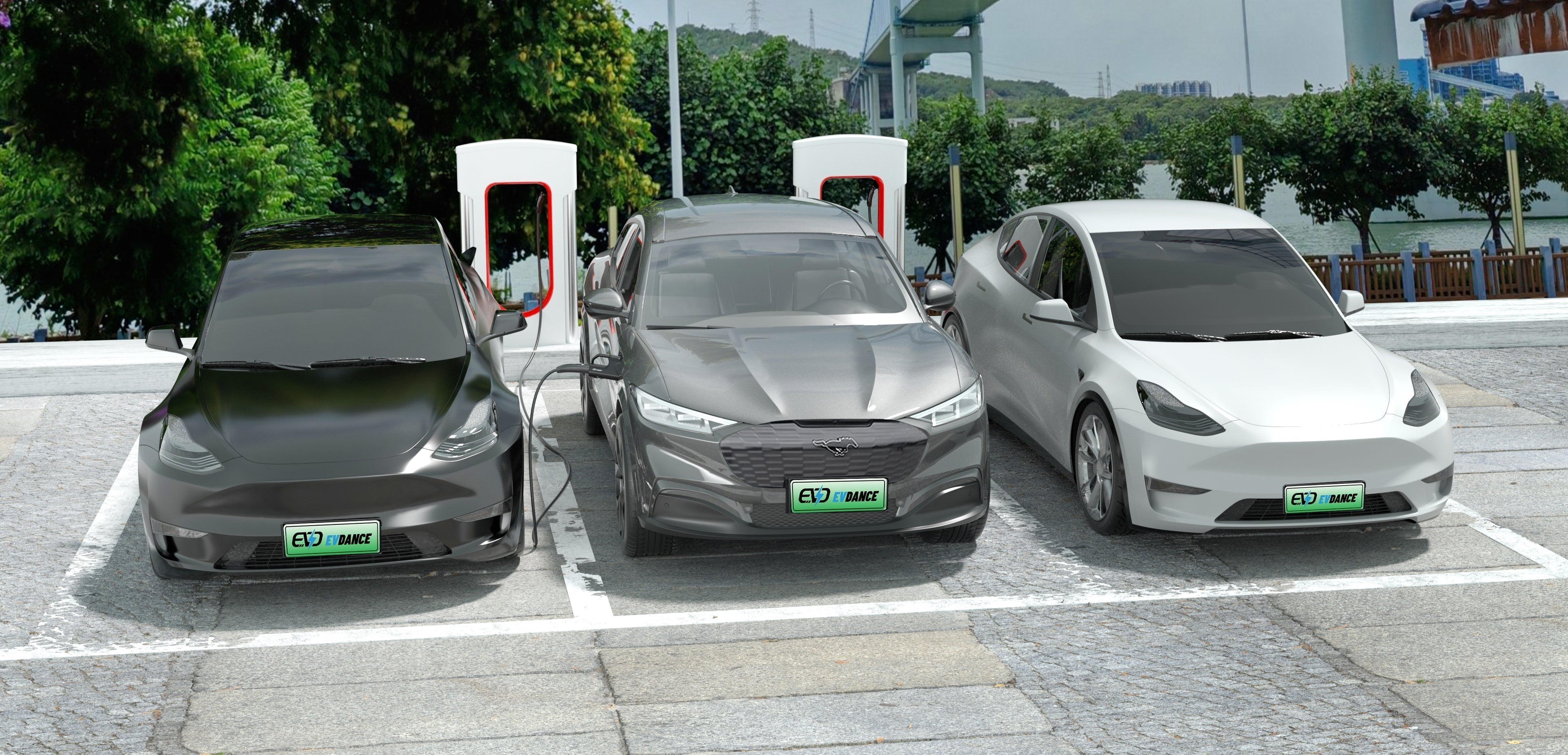As electric vehicles (EVs) continue gaining traction, July 2025 presents a wealth of opportunities for drivers looking to lease or finance a new EV. Automakers are offering attractive monthly payments, bonus cash, and federal tax credit pass-throughs to keep momentum strong. This article outlines the best lease and financing deals available this month, including incentives and tax-related considerations.
1. Tesla Model 3 RWD
-
Lease Deal: $329/month for 36 months, $4,500 due at signing
-
APR Financing: 1.99% for up to 60 months
-
Effective Price After Credits: Eligible for $7,500 federal tax credit (pass-through on lease)
-
Why It's a Deal: Tesla’s competitive lease includes full tax credit reduction and low interest rate for buyers.
2. Hyundai IONIQ 5 SE RWD
-
Lease Deal: $299/month for 36 months, $3,999 due at signing
-
Financing Offer: 0% APR for 48 months or up to $7,500 cash rebate (select markets)
-
Bonus: Up to $2,000 loyalty or competitive conquest rebate
-
Tax Credit: Federal credit claimed by Hyundai on lease
-
Why It's a Deal: Hyundai’s aggressive lease strategy combines low monthly payments with strong cash incentives.
3. Ford Mustang Mach-E Select RWD
-
Lease Deal: $319/month for 36 months, $4,399 due at signing
-
Financing Offer: 0.9% APR for 60 months plus $3,750 retail cash
-
Tax Benefit: $7,500 lease credit included by Ford Credit
-
Why It's a Deal: Excellent value for a well-rounded electric SUV with a stylish design.
4. Chevrolet Equinox EV LT
-
Lease Deal: $279/month for 36 months, $3,200 due at signing
-
Financing Offer: 1.9% APR for 60 months
-
Tax Credit: Qualifies for $7,500 federal credit
-
Why It's a Deal: One of the most affordable EVs with spacious design and modern tech, now with full tax credit on leases.
5. Volkswagen ID.4 S
-
Lease Deal: $299/month for 36 months, $3,999 due at signing
-
Financing Offer: 2.9% APR for 60 months + up to $5,000 dealer bonus cash
-
Tax Credit: $7,500 available on leases via captive financing
-
Why It's a Deal: VW’s local production enables the full federal tax credit, reducing effective lease cost.
6. Nissan Ariya Engage FWD
-
Lease Deal: $339/month for 36 months, $3,500 down
-
Financing Offer: 0% APR for 60 months + $2,500 Nissan bonus cash
-
Tax Credit: Lease includes $7,500 pass-through benefit
-
Why It's a Deal: Nissan’s generous cash offers and no-interest financing make this a strong contender in the midsize EV SUV class.
7. Rivian R1T Dual-Motor
-
Lease Deal: $679/month for 36 months, $6,500 down (availability limited by region)
-
Financing Offer: 3.99% APR for 72 months
-
Tax Credit: Not directly available on leases, but may qualify for buyer-side credit if purchased
-
Why It's a Deal: Unique as a rugged electric truck, Rivian’s R1T h.olds value and offers incentives for first-time EV buyers.

Tax Credit Reminder (2025 Rules)
For 2025, EVs made in North America may qualify for up to $7,500 federal tax credit. Most automakers now pass this credit through to lease customers, effectively lowering monthly payments. However, not all financed purchases qualify, especially for vehicles made outside the U.S. Always confirm vehicle eligibility at fueleconomy.gov.
Leasing vs. Buying: What's Better in July?
-
Lease if:
-
You want to take advantage of full tax credit via pass-through.
-
You prefer switching cars every 2–3 years to stay updated on EV tech.
-
You have limited up-front capital but want a lower monthly payment.
-
-
Buy if:
-
You intend to keep the vehicle long-term.
-
You qualify for the $7,500 EV credit personally.
-
You want to build equity in the vehicle and avoid mileage caps.
-
Final Thoughts
With manufacturers competing aggressively to win over new EV customers, July 2025 offers excellent deals—especially for those willing to lease. Be sure to review your driving needs, charging infrastructure, and tax situation before deciding. If you qualify for the federal tax credit and live in a state with local EV incentives, the effective cost of leasing an EV this summer could be lower than ever.
Author: Lay Wen
Recommend Reading: Best EV Lease Deals and Financing Offers in August 2025








Share:
How Fast Charging Affects Your EV Battery Over Time?
California’s Power Strain and the Future of EV Charging Reliability